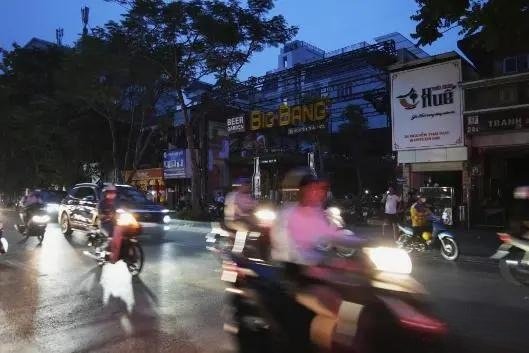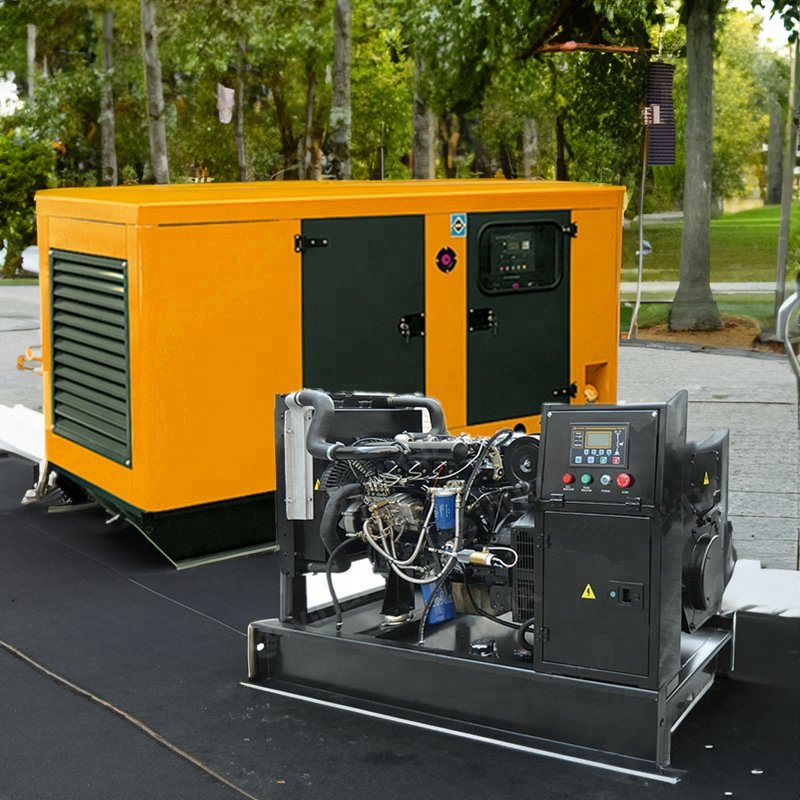
In recent times, Vietnam has been facing a severe power shortage, leading to blackouts in industrial parks, halted manufacturing, decreased exports, and hindered economic growth. This crisis has been attributed to various factors, including abnormal weather conditions, reduced hydroelectric production, aging thermal power plants, and insufficient renewable energy sources.
As a neighboring country, Vietnam should have strengthened cooperation with China in the field of infrastructure development for mutual growth. Under the Belt and Road Initiative, Chinese energy companies have made significant contributions to Vietnam's power development by providing substantial investments, technology, and equipment. They have assisted in the construction of hydroelectric plants, thermal power plants, and transmission lines. Additionally, China has been supplying a considerable amount of electricity to Vietnam through Guangxi and Yunnan, alleviating the pressure on Vietnam's power consumption.
However, due to complex factors such as historical and present-day issues, Vietnam has maintained a cautious stance towards China. This mindset has led Vietnam to consciously keep a distance from China in various sectors, particularly in infrastructure. For instance, Vietnam chose Japan instead of China to build its North-South high-speed railway. Moreover, since the onset of the US-China trade war, many international companies seeking to mitigate risks have selected Vietnam as an alternative manufacturing base to China, further emphasizing Vietnam's intention to "distance" itself from China.
Specifically in the power sector, although Vietnam has been reliant on electricity imports from China, it actively reduced its power purchases from China as early as 2016, including ceasing electricity imports from Guangxi. In 2021, Nguyen Duc Ninh, the head of Vietnam's power system, went a step further by stating that Vietnam would completely stop importing electricity from China by 2025, replacing it with renewable energy sources. Currently, renewable energy accounts for a significant portion of Vietnam's power structure, showcasing the effectiveness of their efforts in recent years.
Nevertheless, Vietnam's ambitions are substantial. In May of this year, the Vietnamese government approved the Eighth National Power Development Plan, allocating $134.7 billion for power development and aiming to cease the construction of new coal-fired power projects after 2030. This plan encompasses the creation of a robust power grid and a transition to sustainable energy sources.
Unfortunately, due to limited industrial and technological capabilities, Vietnam has not yet escaped its dependence on electricity from China. In fact, with this year's power shortage, Vietnam's reliance on Chinese electricity has increased. On May 23, Vietnam and Guangxi officially signed a power purchase agreement for the 110 kV Dongxing-Mang Cai interconnection project. According to the agreement, starting from May this year, Guangxi will supply electricity to Vietnam through the Dongxing-Mang Cai 110 kV power transmission line, primarily serving the Mang Cai area. The estimated monthly power supply is 30 million kilowatt-hours, with an initial delivery of nearly 68 million kilowatt-hours, providing much-needed relief to northern Vietnam.

This event highlights that China is the "solution" to Vietnam's power crisis and a driving force behind Vietnam's power development. China possesses abundant power resources, advanced technology, well-established infrastructure, and flexible cooperation models, enabling them to provide Vietnam with timely, stable, high-quality, and cost-effective power services. China can not only help Vietnam address its current electricity shortages but also assist in achieving long-term energy transition goals.
However, what China can do for Vietnam depends on Vietnam's choices. If Vietnam can set aside its biases and concerns towards China and strengthen mutual trust and cooperation, China will be Vietnam's most reliable friend and partner, promoting mutually beneficial cooperation in the power sector.
We believe that China has the "solution" to Vietnam's power shortage, but it ultimately depends on Vietnam's choices. This is a significant issue that affects the interests and future of both countries, as well as a crucial opportunity to test the wisdom and broad-mindedness of both nations. I hope Vietnam can make the right and wise choice, join hands with China, and create a bright future together.

Different from other suppliers engaging in price wars and dumping strategies, OWELL Industries adheres to an independent brand strategy. We are committed to providing customers with reasonably priced, high-quality, customized products, and services. OWELL Diesel Generator Sets are the perfect solution to ensure uninterrupted power supply in Vietnam, especially during times of power outages and instability. With OWELL, you can rely on a trusted partner to meet your power requirements efficiently and effectively.

OWELL Flagship Series Diesel Generator
For media inquiries, please contact:
Mr. Stephan G
Director Sales Manager
OWELL Industries - Power Generation Sector
Phone: +86-185-6150-6730 Email: stephan@owellindustries.com